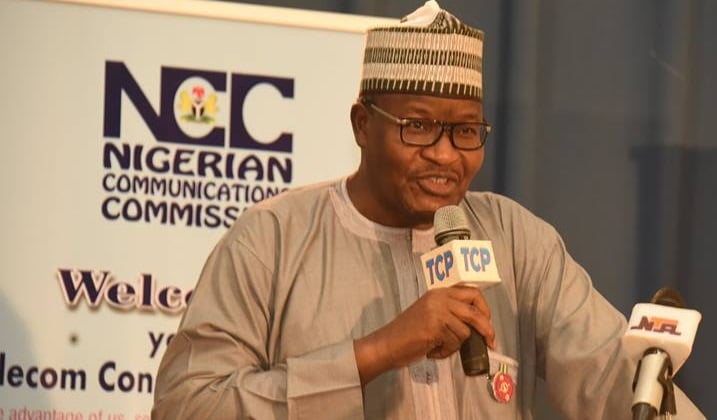Zainab Ahmed, minister of finance, budget and national planning, says Nigeria plans to bring down its debt service-to-revenue ratio to 60 percent this year.
Ahmed spoke on Wednesday during an interview with Bloomberg TV on the sidelines of the World Economic Forum in Davos.
In 2022, Nigeria’s debt service-to-revenue ratio was at 80.6 percent — a figure far above World Bank’s suggested 22.5 percent for low-income countries like Nigeria.
The International Monetary Fund (IMF) had said Nigeria may spend almost 100 percent of its revenue on debt servicing by 2026.
Advertisement
Speaking on the issue, Ahmed said Nigeria plans to cut its revenue spending on debt servicing to 60 percent in 2023, adding that the current ratio is not sustainable.
“Well, 80 percent is not sustainable and our plan is coming down to 60 percent in 2023 and how are we doing that? We are doing that by increasing revenues and by significantly reducing costs to enable us cope,” she said.
“There are some costs that we can pull back on, though not in the economy, but there are some costs that we must sustain such as provisions for education and health as well as infrastructure.”
Advertisement
However, Ahmed said the country’s debt trajectory is sustainable.
“We are sustainable in our debt trajectory. We have made our plans to make sure we are able to consistently service our debts. And by the way, we are also exiting fuel subsidy, which is a huge cost. I am part of the contributors to where we are in terms of the debt stock,” she said.
“So, once we pull the first subsidy out, production of crude oil increases and then we sustain the improvements we have put in place in terms of non-oil revenue, then we should be able to come down to 60 percent debt-to-revenue.”
‘NIGERIA WILL NOT GO TO THE BOND MARKET IN 2023’
Advertisement
Asked if a lower debt service-to-revenue ratio will open up Nigeria’s bond markets, Ahmed said, “no, not 2023”.
“If we are able to get back to the rates of early 2021 then we can consider going back to the bonds market, but then we are consistently monitoring the bond market. We are monitoring the performance of our bonds. So, when you get to that comfortable level, we will explore it,” she said.
In November 2022, Patience Oniha, director-general of the Debt Management office (DMO), said the problem of high-interest rates and inflation has made the international capital market inaccessible for Nigeria to borrow money.
‘NON-OIL SECTOR WILL DRIVE REVENUE GROWTH IN 2023’
Advertisement
Meanwhile, the minister said in 2023, economic growth will be driven by increased revenues from the “non-oil sector and also the beginning of the pick-up of revenues from the oil sector itself”.
Although Nigeria had “some problems” regarding oil production in 2023, Ahmed said production will surpass the projected 1.69 million barrels of oil per day in the 2023 budget.
Advertisement
“Production has picked up and it looks good to continue to reach the numbers that we have put in the budget. Our target is 1.6 million barrels per day and we can comfortably achieve that,” she said.
“We are doing an average of 1.25 million bpd to 1.3 million bpd, so we should be able to reach that and hopefully we surpass that as well with the measures that have been put in place.”
Advertisement
Add a comment






